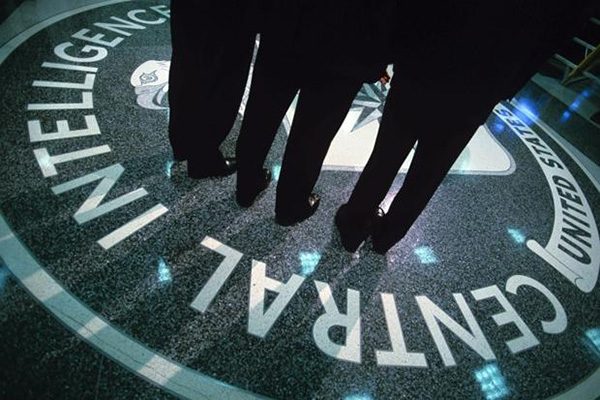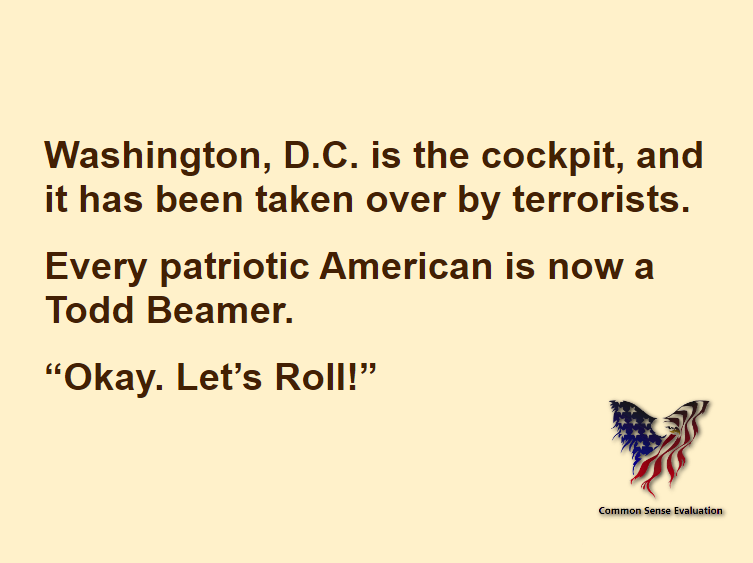Fear is a potent emotion. It’s the primal instinct that has kept humans safe for centuries. However, in recent times, governments across the globe have harnessed this powerful emotion to control their populations. They utilize media outlets to amplify fear, manipulating public perception and behavior. In this article, we’ll dig into the intricate web of fear manipulation and explore how governments exploit it to maintain power.
The Biology of Fear
Fear is hardwired into our brains, serving as an ancient survival mechanism. When our ancestors encountered a potential threat, their fight-or-flight response kicked in, enabling them to respond swiftly. In today’s world, our brains still react in much the same way when confronted with a perceived threat. Governments understand this well and capitalize on it.
Fear and the Amygdala
The amygdala, a small almond-shaped structure in the brain, plays a central role in processing fear. When the amygdala is triggered, it sends signals throughout the body, preparing it to react. Governments use this biological response to their advantage by selectively highlighting and exaggerating potential threats.
Media as a Fear Amplifier
The media, in its role as an information disseminator, is a powerful tool for spreading fear. It’s the vehicle through which governments can control the narrative and manipulate public opinion.
Sensationalism Sells
Sensationalism in the media is the practice of exaggerating stories to generate shock, fear, or outrage. Fear-inducing headlines and clickbait content attract more viewers, and governments often work hand in hand with media outlets to shape their narratives.
The 24-Hour News Cycle
The 24-hour news cycle is a never-ending stream of information. This constant barrage of news, much of it negative, can create a sense of perpetual crisis and insecurity among the population. Fear sells, and the media delivers it on a platter.
The Role of Social Media
In the age of digital communication, social media platforms are the new frontier for fear manipulation. They provide a direct line to the masses, allowing governments to influence public opinion more effectively.
Disinformation and Misinformation
Social media can be a breeding ground for false information. Governments can use these platforms to spread disinformation or misinformation, creating panic and confusion. Fear spreads like wildfire in the online realm.
Echo Chambers
Social media algorithms often show users content that aligns with their existing beliefs, creating echo chambers. Governments exploit these echo chambers to intensify fear and divide communities, making it easier to control them.
Historical Examples of Fear Manipulation
To understand the extent of fear manipulation, we can look at historical examples where governments used fear as a weapon to control populations.
McCarthyism in the United States
During the Red Scare of the 1950s, Senator Joseph McCarthy capitalized on the fear of communism. He accused many innocent people of being communists, creating an atmosphere of paranoia and fear. The media played a significant role in perpetuating this fear.
The War on Terror
After the 9/11 attacks, the U.S. government initiated the “War on Terror.” The fear of terrorism was used to justify military interventions, surveillance programs, and the erosion of civil liberties. The media’s role in fostering this fear was pivotal.
Global Warming and Environmental Fear
The issue of global warming and climate change has emerged as a prominent example of fear manipulation. Governments, environmental organizations, and the media have leveraged the fear of catastrophic environmental consequences to promote climate change awareness and action. Fear of extreme weather events, rising sea levels, and ecological collapse has influenced public behavior and policy decisions, often characterized by urgent calls to reduce carbon emissions and address the crisis.
The COVID-19 Pandemic and Vaccine Mandates
The COVID-19 pandemic has demonstrated how governments can use fear to control populations. Governments and health authorities worldwide have employed the fear of a deadly virus to implement stringent measures, lockdowns, and mandates to curb the spread of the disease. In the ongoing debate over vaccine mandates, fear of the virus’s impact has become a central component, influencing public behavior and acceptance of vaccination as a precautionary measure. Media outlets, both traditional and digital, have played a significant role in disseminating information and amplifying the fear surrounding the pandemic, vaccination, and government mandates.
Fear and Compliance
Fear not only influences public perception but also serves as a powerful tool to control populations and maintain authority.
The Suspension of Civil Liberties
During times of fear, governments can justify the suspension of civil liberties, citing the need for enhanced security measures. In such situations, the media often supports these actions in the name of safety.
Compliance Through Fear
Fear can make individuals more compliant with government directives. People are more likely to follow orders and regulations when they believe their safety is at stake.
Closing Thoughts
In a world where fear is harnessed as a weapon by governments and amplified through media channels, it becomes an insidious force that can shroud entire populations in darkness. Understanding the biology of fear, the role of media, and the historical examples of fear manipulation is essential, not only to recognize when it’s happening but to fully grasp the extent of its reach. The manipulation of fear, when left unchecked, can lead to the erosion of freedoms and the entrenchment of power structures. Promoting media literacy and critical thinking is the flickering candle in this oppressive darkness, offering a glimmer of hope in the face of pervasive fear. Only by recognizing the abyss into which we may be led can we hope to resist the pull of this all-encompassing shadow. In this ongoing battle for truth and freedom, it is not an exaggeration to say that our very humanity hangs in the balance.




